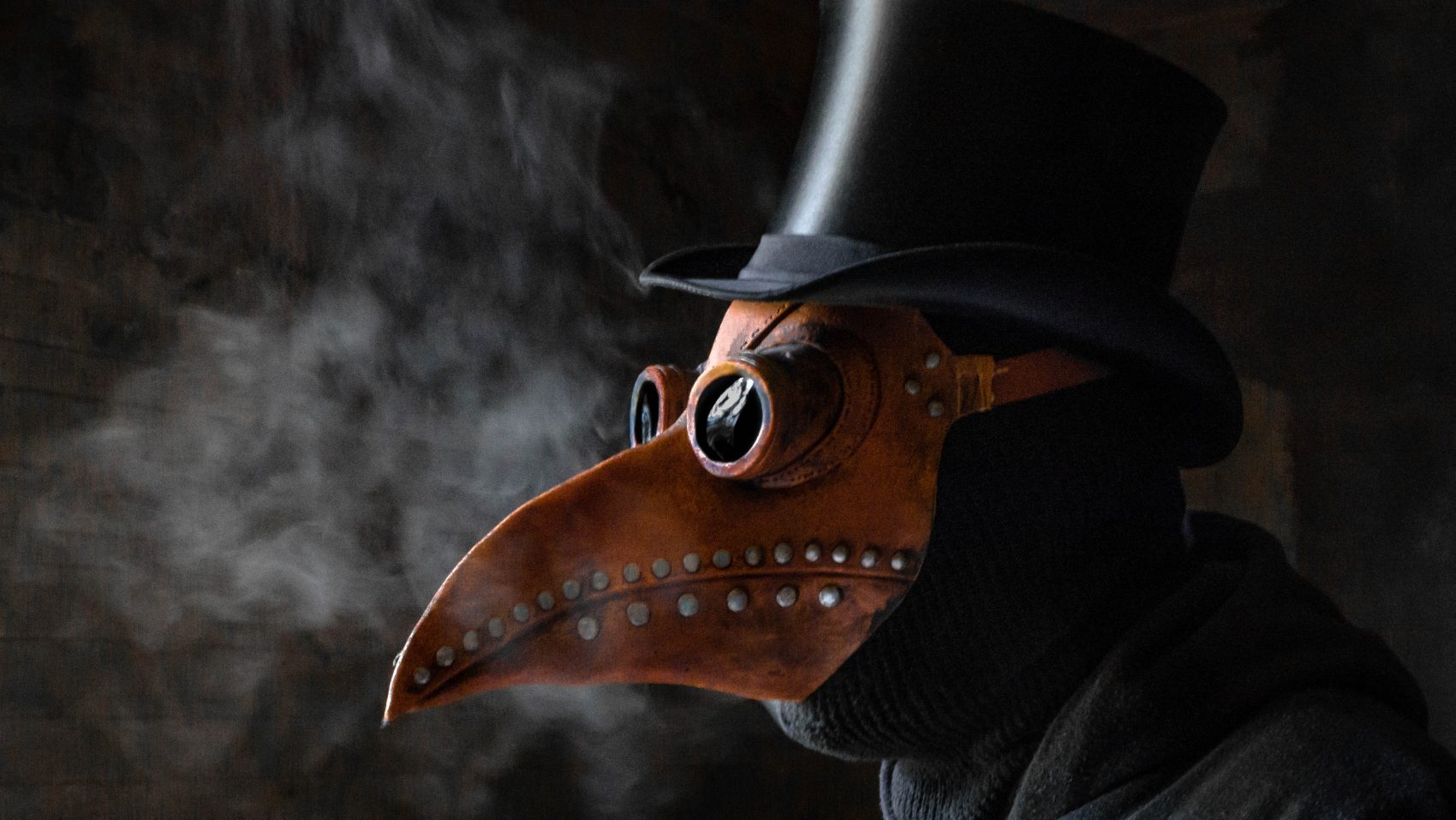

Plague can spread to humans when infected fleas from pets or wild rodents bite them, or when they touch dead or dying animals infected with the disease. 'People become infected through close contact with infected animals or bite. 6, 2021, following positive plague tests of chipmunks. Wild carnivores can also become infected by eating other infected animals. Areas of South Lake Tahoe have been closed through Friday, Aug. Plague is an infectious disease that spreads when infected fleas bite wild rodents or other small mammals such as rock squirrels, wood rats, ground squirrels, chipmunks, mice, voles, prairie dogs and rabbits. In 2014, eight people tested positive for plague in Colorado. Three other people have gotten the plague in Colorado this year, and two died. “This is a good reminder that plague-infected fleas are also found on many other wild rodents.”

“In Boulder County, we so often see plague in prairie dogs,” said Jamie Feld, Communicable Disease Control program epidemiologist, in a statement. The last time a person in Boulder County was diagnosed with the plague was in 1993. The man was diagnosed with the plague and received antibiotic treatment and is now recovering at home. A Boulder man has been diagnosed with the plague - the first case in Boulder County in more than 20 years - after finding a dead chipmunk on his property.Īccording to Boulder County Public Health, the 58-year-old man went to the doctor several days after finding the dead chipmunk and experiencing fever, chills, muscle pain, weakness, loss of appetite and confusion.


 0 kommentar(er)
0 kommentar(er)
